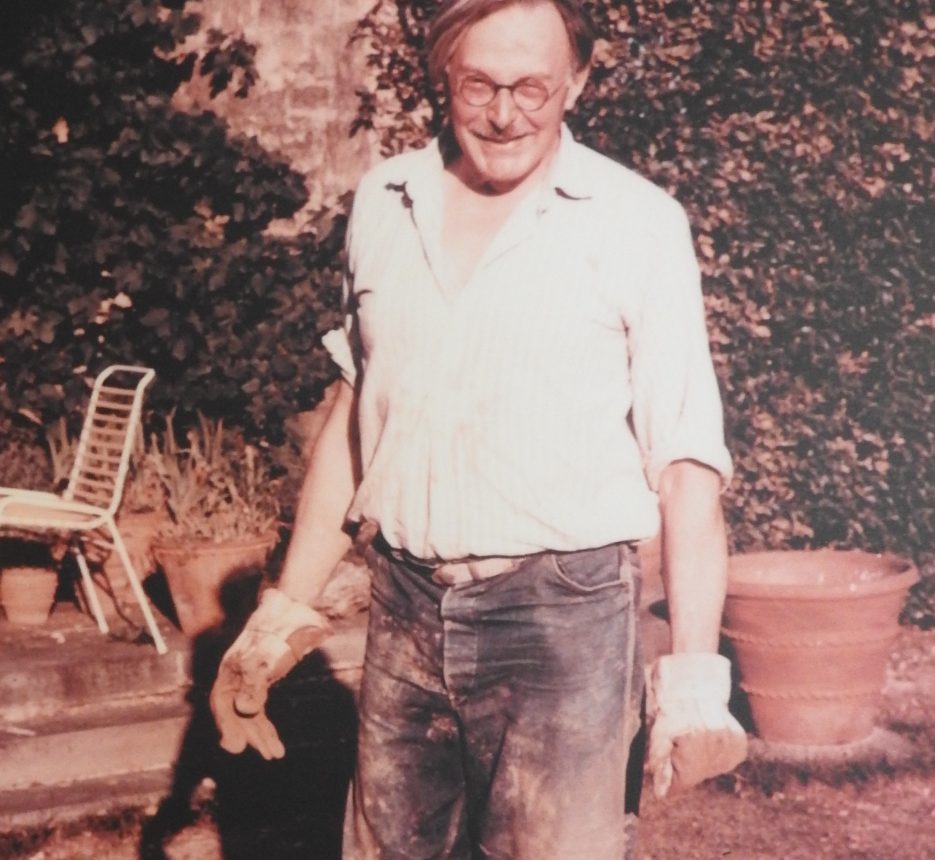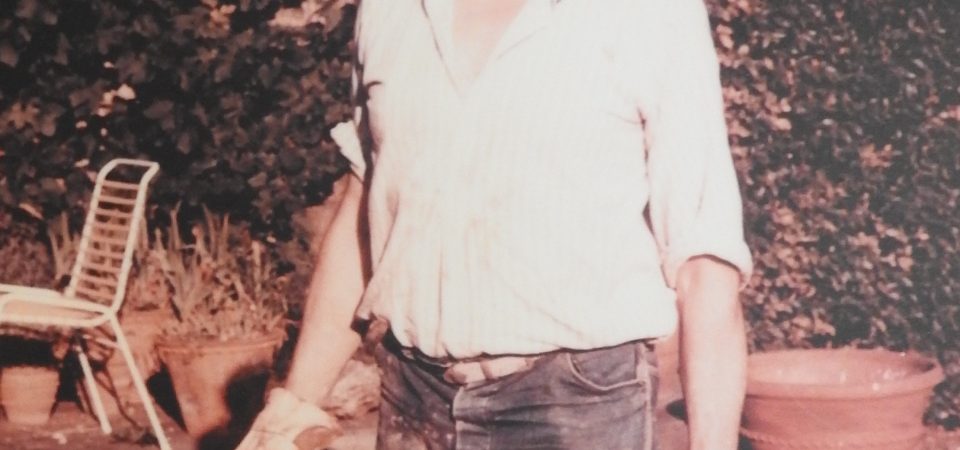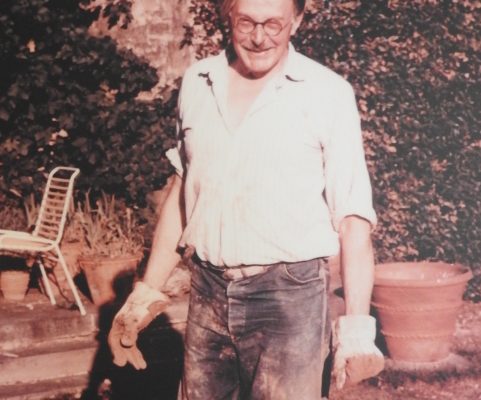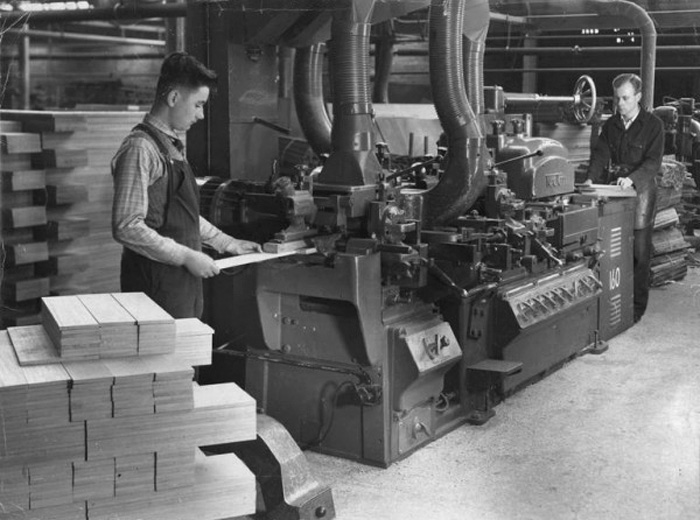
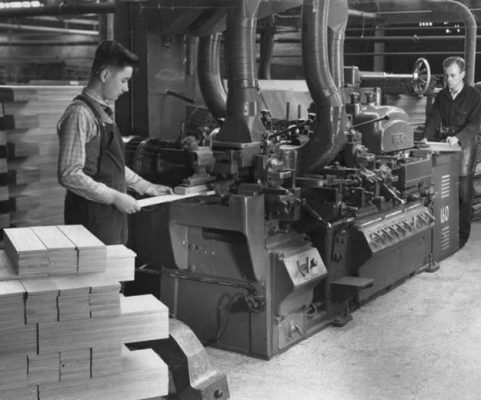
'TEACHING THE MACHINE MANNERS'
Gordon believed the handcrafted tradition of British cabinet making could fuse with the possibilities of machinery. He succeeded in creating mass-produced furniture that retained a strong sense of tradition and upheld the highest standards of craftsmanship. Whether achieved by hand or machine, his vision was rooted in the pursuit of quality.
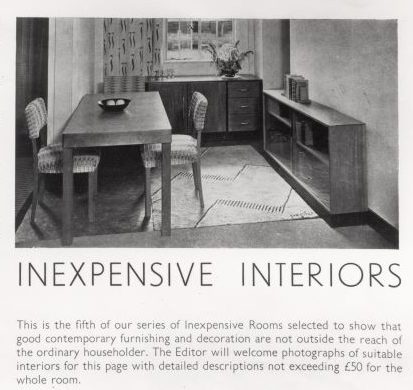
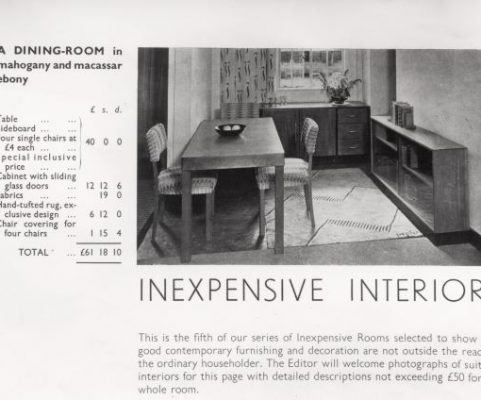
A CHAMPION OF DESIGN
For Gordon, good design could elevate the human spirit. He believed in democratising design, making it accessible to many, not just the few. “I want to make decent furniture for ordinary people,” he said. After World War II, he dedicated himself to lifting Britain from its bombed-out austerity by promoting and developing the British design industry. He helped establish and later directed the Council of Industrial Design (now the Design Council), profoundly influencing British industry, design and education.
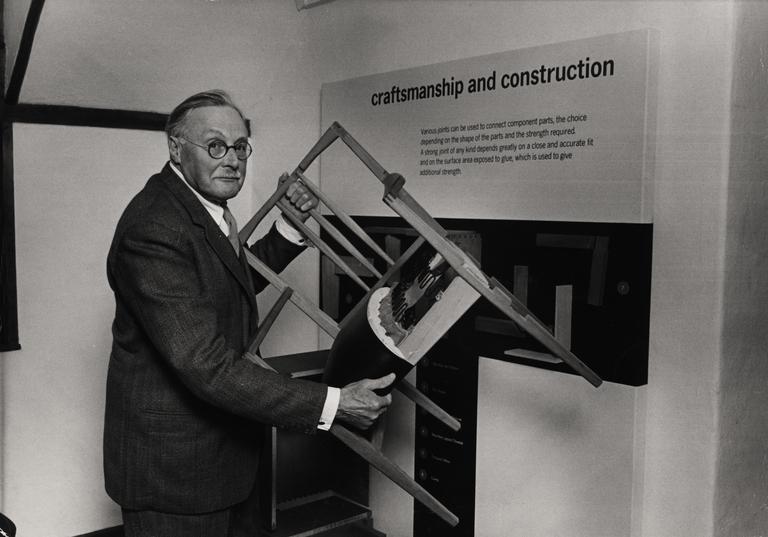
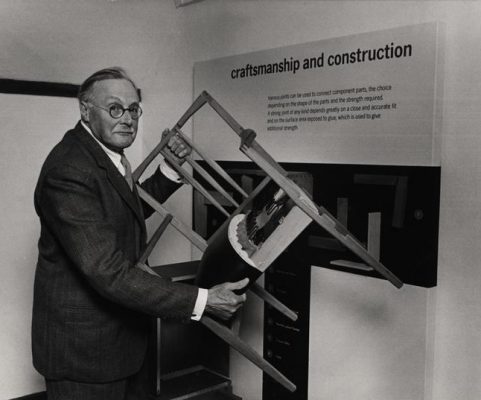
A LASTING LEGACY
Throughout his life, Gordon Russell was dedicated to honest design, superb craftsmanship, quality and detailing. He firmly believed in the impact of good design on people’s lives. He bridged the history of furniture with new trends, private industry with state policy, and local traditions with national movements, placing British design at the heart of international progress. His contributions – spanning design, manufacturing, writing, and lecturing – touched all these aspects and were, in turn, shaped by them. He could study the Shakers in America or visit Alvar Aalto in Scandinavia, yet he remained a Cotswolds man at heart.
When Gordon Russell died in 1980, John Gloag wrote that he had
“a perceptive awareness of country skills and crafts; not just the hothouse artificiality of the arty-crafty revivalists, but the innate sympathy and understanding of materials and methods.”
His legacy lives on in Britain’s vibrant design industry.

